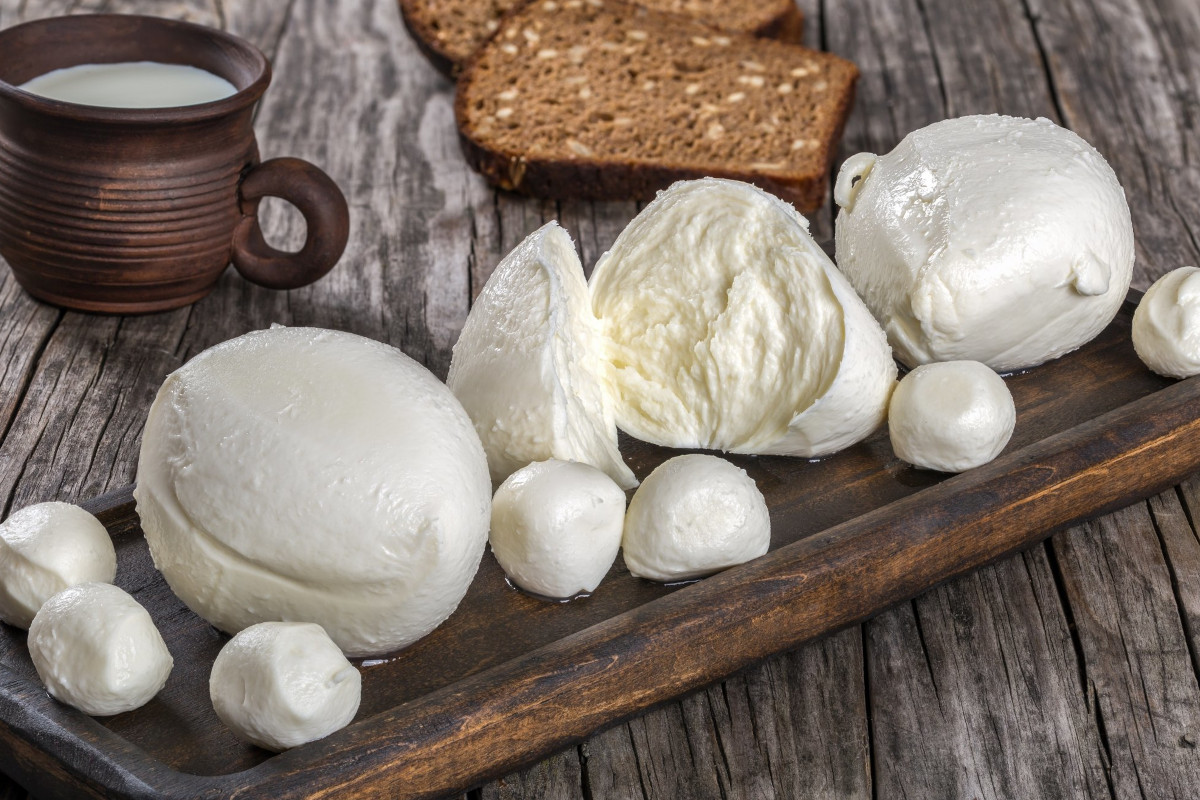
Cheese consumption in China is still limited if compared to milk and yoghurt, but its potential is constantly growing. According to a report by Intelligent Research Group, the sales value will reach $1.7 billion in 2025. Hotel consumption accounts for 50% of total sales, but during the most acute emergency phase of the Covid-19 pandemic domestic consumption increased significantly. A growth by +32% is estimated compared to 2019, thanks mainly to pizza consumption.
The ‘modern’ habit of adding cheese to traditional dishes prepared at home is also spreading in China, especially in street food places frequented by many young people. Food companies are also taking an interest in this trend. Consumers can already find crackers flavoured with 2% cheese powder. Children are also an interesting consumer group because of the need to increase the presence of calcium in their diet. It is estimated that in 2024 the Chinese baby food market will be worth $6.2 billion, 15% of which will be made of milk and dairy products.
All this suggests that the consumption in China will concern more than anything else melted and stringy cheeses. Unlike Japan, where the spread of Italian restaurants and the presence of many Japanese chefs who have reinterpreted many dishes of the Italian culinary art have enhanced the knowledge and use of the most traditional, renowned and distinctive Italian cheeses.
Click here to discover the authentic Italian cheeses on Italianfood.net platform
ITALIAN CHEESE EXPORTS TO CHINA SOAR
China remains one of the markets with the highest development potential for Italian food. In the first half of 2020, exports to the Asian giant increased by +2.4%. Moreover, on September 14 a bilateral agreement with the EU has been signed for the recognition and protection of as many as 100 European Geographical Indications.
“The agreement will enter into force in 2021, establishing a new scenario for our PDO cheeses” – Giuseppe Ambrosi, president of Italian dairy industries association, Assolatte, points out. “It is an important step that strengthens the international protection of our excellent cheeses” – Ambrosi says.
